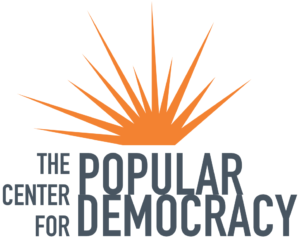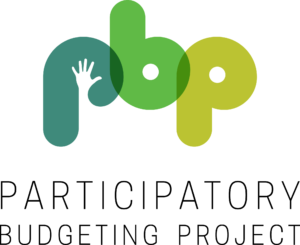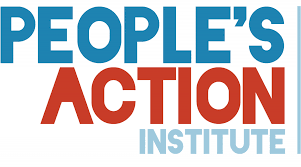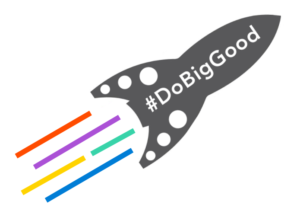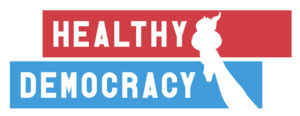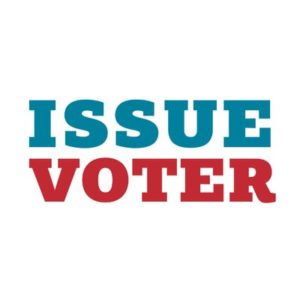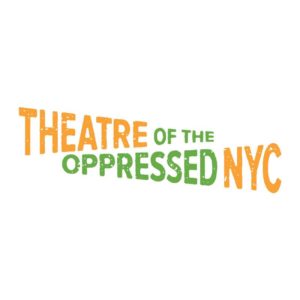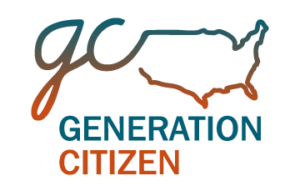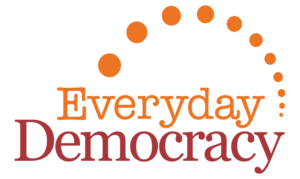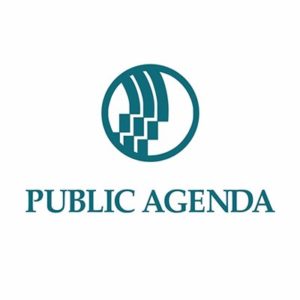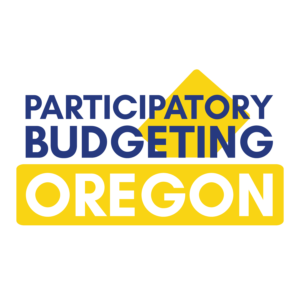Re-imagining the power of democracy between and beyond elections.
Democracy Beyond Elections is a collaborative, national campaign dedicated to transformative democracy rooted in community led decision making.
It is not enough to get the right person elected or to know that those closest to the issues are closest to the solutions — we must act on this knowledge and put real decision making power in community hands.
This means equipping community-members often ignored, pushed out, or marginalized by our current democratic systems with the tools, resources, and opportunities to deeply engage in democratic processes. This means committing to radically reimagine what participation and civic engagement really entail — including tangible and consequential power sharing. And this means expanding our definition of democracy to extend between and beyond elections in participatory practices that include everyone.
Simply put, you should have a say in the decisions that impact you and your community — including how they are made.
The Problem
We're facing a crisis of credibility and lack of trust when it comes to government in the United States.
Democracy in the United States remains largely limited to occasionally electing a few leaders to decide for us. This structural political inequality may work well for those in power, but it is also fueling deep polarization, distrust of government, and skepticism of democracy itself.
And yet, most responses to this democratic crisis have been confined within our dysfunctional political system. While reforms to our existing systems are critical – making voting more accessible and less driven by money, expanding civic engagement, and holding our elected officials accountable to the people who elected them – this alone will not fix our democracy.
Communities across the country are demanding more meaningful ways to engage with their neighbors, develop solutions to public problems, and real decision-making power.
The Solution
Build mutual trust between communities and government, and expand public power over decisions.
It’s time to invest in new models of participatory democratic governance led by and for communities traditionally left out of decision-making spaces.
There are communities around the world that have already seen the ways that participatory democracy can make government more responsive and equitable. Over 7,000 cities use participatory budgeting to enable residents to directly decide how to spend public budgets. In states and nations, policy juries and assemblies convene representative samples of the community to produce decisions and statements on policies, ballot measures, and constitutions.
Research shows that this engagement increases understanding of and trust in government, inspires transformative learning and civic leadership, and directs resources to communities with greater needs.
The core principle of Democracy Beyond Elections is
real decision-making power
that is:
We must ensure that if you live in the community, you have a role and a voice in how decisions are made – and in making them.
Unlike traditional elections, which are filled with barriers to participation, community-led decision making centers directly impacted community members. Participatory democracy requires that folks left out of traditional election-centered democracy, including but not limited to Black communities, immigrants, and formerly and currently incarcerated folks, are centered in both the leadership of participatory practices and their outcomes. We must ensure that community-led decision-making processes center and serve the needs of most impacted communities — from outreach, participation, and voice, through to implementation.
We must equip community members with the tools, knowledge, and information they need to meaningfully participate.
It is not enough to say that everyone can participate. We must create the conditions in our processes that make it so everyone can participate. This means community-led decision making processes that provide and center access needs including but not limited to language access, disability access, and economic access. This requires us to ensure that processes are built with community so that they take into account the access to technology, meeting times and locations, and even modes of communication that work for the particular community. Barriers to participation like age, citizenship, registering to vote, location, should be directly addressed and removed.
We must ensure that the decisions reached by community-led decision-making processes are taken seriously, honored, and implemented transparently.
Community-led decision-making processes should hold real tangible value – not be relegated to trivial and theoretical exercises. They should have power over significant budgets or policies. True participatory democracy requires that committees or councils are not just “surveys” to gauge attitudes and views – followed by a business as usual process where people already in power go behind closed doors to make the final decision. In order to be transformational, community-led decision-making processes must have teeth and transparency – from beginning to end, including implementation.
Equitable
Equitable
Accessible
Accessible
Significant
Significant
We must ensure that if you live in the community, you have a role and a voice in how decisions are made – and in making them. Unlike traditional elections, which are filled with barriers to participation, community-led decision making centers directly impacted community members.
Participatory democracy requires that folks left out of traditional election-centered democracy, including but not limited to Black communities, immigrants, and formerly and currently incarcerated folks, are centered in both the leadership of participatory practices and their outcomes.
We must ensure that community-led decision-making processes center and serve the needs of most impacted communities — from outreach, participation, and voice, through to implementation.
Goals & Activities
We aim to increase the quantity and quality of government programs that engage community members in civic engagement and democracy beyond elections, at the local, state, and federal level.

Build Partnerships & Collaboration
Partnerships are the backbone of this movement and will require forming a core team of partners, establishing strong internal management systems, and securing funding to pilot and deepen participatory democracy practices.

Develop Campaign Strategy
This will involve drafting, revising, and finalizing a shared vision and language with local and national stakeholders.

Secure Commitments
We aim to work in partnership with community organizations and government officials to commit to implementing key policies using participatory democracy practice.

Launch & Evaluate Pilots
We will grow participatory democracy by supporting strong communities and governments to pilot robust programs. We will develop comprehensive evaluation plans that measure the impacts of an integrated approach to empowered and equitable civic engagement.
Resources
- December 19, 2024 /
- Video
- November 4, 2024 /
- Case Study
- October 16, 2024 /
- Toolkit
